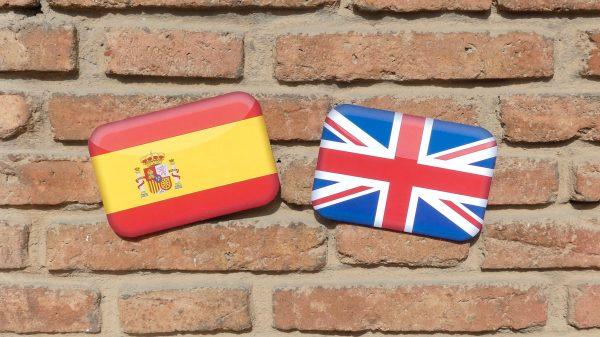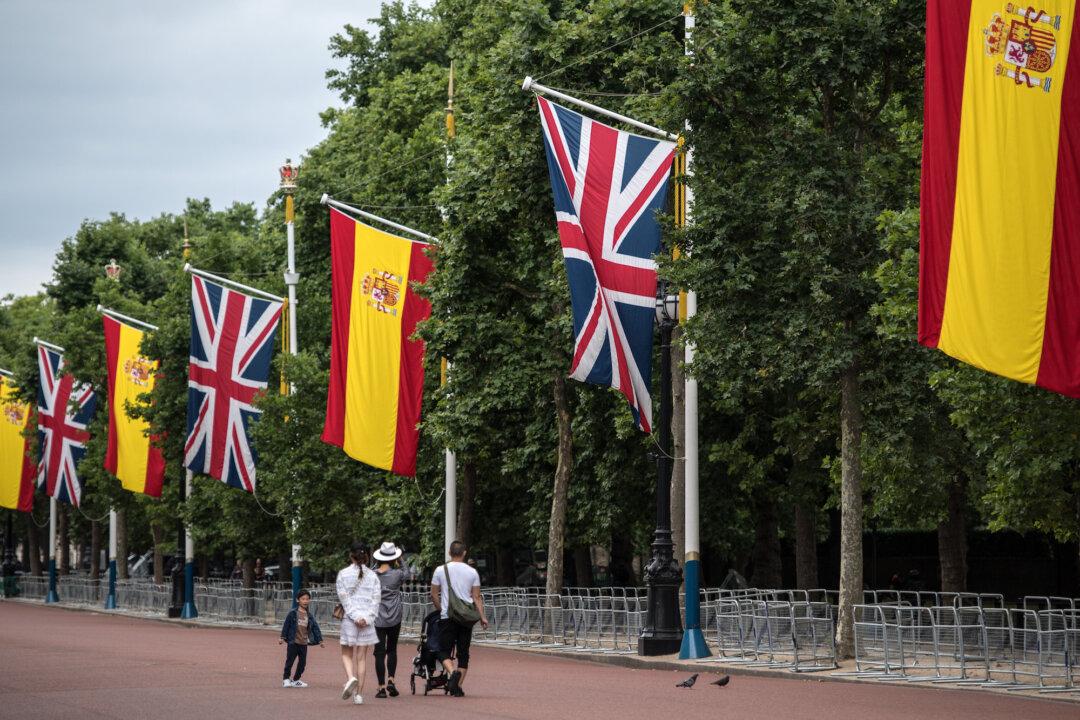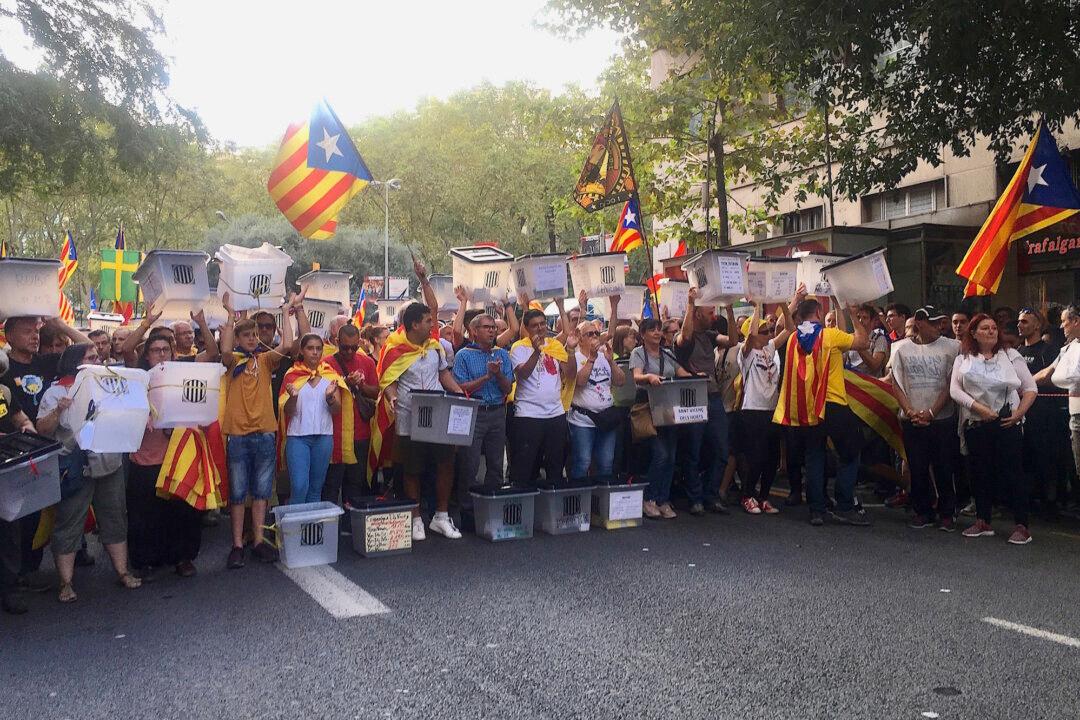BARCELONA—Spain could be severely hit by a no-deal Brexit scenario between the UK and the EU. As the deadline for leaving the EU approaches, concerns from expats living in both countries, as well as businesses, are mounting.
With 18 million visitors from the UK last year, Spain is the most popular destination for British tourists. The UK is one of Spain’s main markets, not only when it comes to tourism, but also for trade. In the past 10 years—2007 to 2017—the cumulative investment of Spanish companies in the UK has been around 82 million euros ($93.2 million), according to the Ministry of Industry, Commerce, and Tourism in Spain.
Understanding how Brexit will affect relations between the two countries is vital. But as the divorce talks drag on, the only certainty is that Britain will leave the EU on March 29, 2019, with or without a deal.
The UK is one of Spain’s main markets, not only when it comes to tourism, but also for trade. Anna Llado/Special to The Epoch Times




